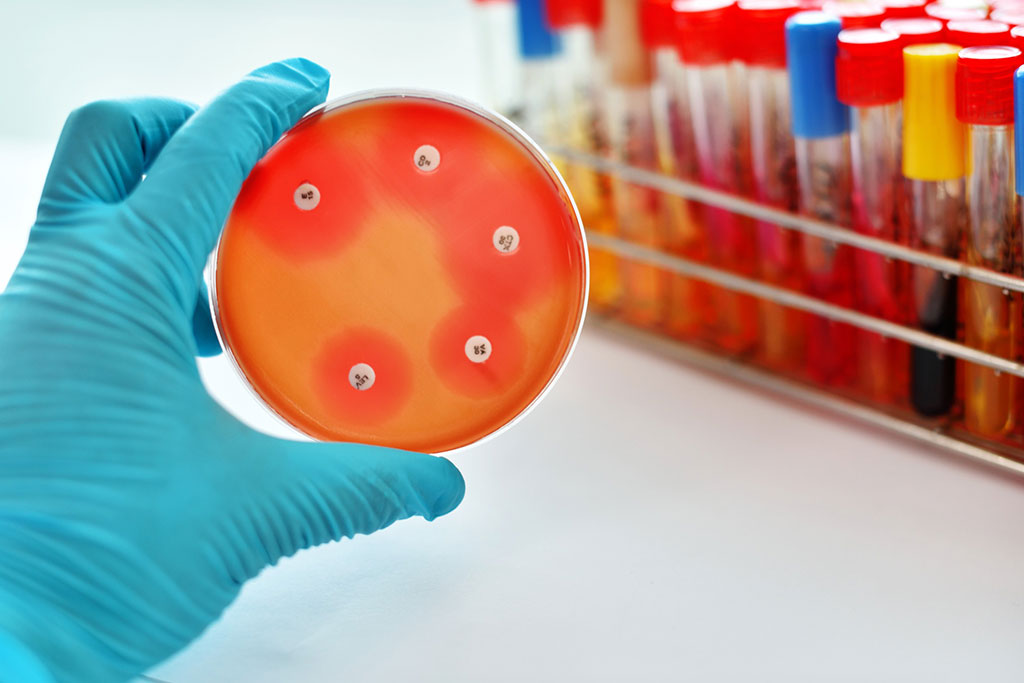Rapid Antimicrobial Susceptibility Test Returns Results within 30 Minutes
Posted on 29 Nov 2023
In 2019, antimicrobial resistance (AMR) was responsible for the deaths of approximately 1.3 million individuals. The conventional approach for testing antimicrobial susceptibility involves cultivating bacterial colonies with antibiotics, a process that is notably time-consuming, often taking several days to gauge bacterial resistance to a spectrum of antibiotics. This delay poses a significant challenge in urgent medical situations, like sepsis, where prompt treatment is crucial. As a result, clinicians are often compelled to either rely on their clinical judgment to prescribe specific antibiotics or administer a broad-spectrum antibiotic regimen. However, the use of ineffective antibiotics can exacerbate infections and potentially lead to increased AMR in the community. Now, researchers have reported significant progress in developing a rapid antimicrobial susceptibility test that can deliver results in as little as 30 minutes, marking a huge improvement over current standard methods.
A team of researchers from the University of Oxford (Oxford, UK) has created a method combining fluorescence microscopy with artificial intelligence (AI) to detect AMR. This technique involves training deep-learning models to scrutinize images of bacterial cells and identify structural changes when exposed to antibiotics. The method proved successful with various antibiotics, demonstrating a minimum accuracy of 80% on a per-cell analysis. The team applied this method to various clinical strains of E. coli, each exhibiting different resistance levels to the antibiotic ciprofloxacin. Impressively, the deep-learning models consistently and accurately identified antibiotic resistance, achieving results at least tenfold faster than current leading clinical methods.

With further development, this rapid testing method has the potential to enable more precise antibiotic treatments, reducing treatment durations, lessening side effects, and helping to curb the growth of AMR. The research team envisions future adaptations of this model for detecting resistance in clinical samples to a broader range of antibiotics. Their goal is to enhance the speed and scalability of this method for clinical application, as well as to modify it for use with various types of bacteria and antibiotics.
“Antibiotics that stop the growth of bacterial cells also change how cells look under a microscope, and affect cellular structures such as the bacterial chromosome,” said Achillefs Kapanidis, Professor of Biological Physics and Director of the Oxford Martin Program on Antimicrobial Resistance Testing. “Our AI-based approach detects such changes reliably and rapidly. Equally, if a cell is resistant, the changes we selected are absent, and this forms the basis for detecting antibiotic resistance.”
Related Links:
University of Oxford













